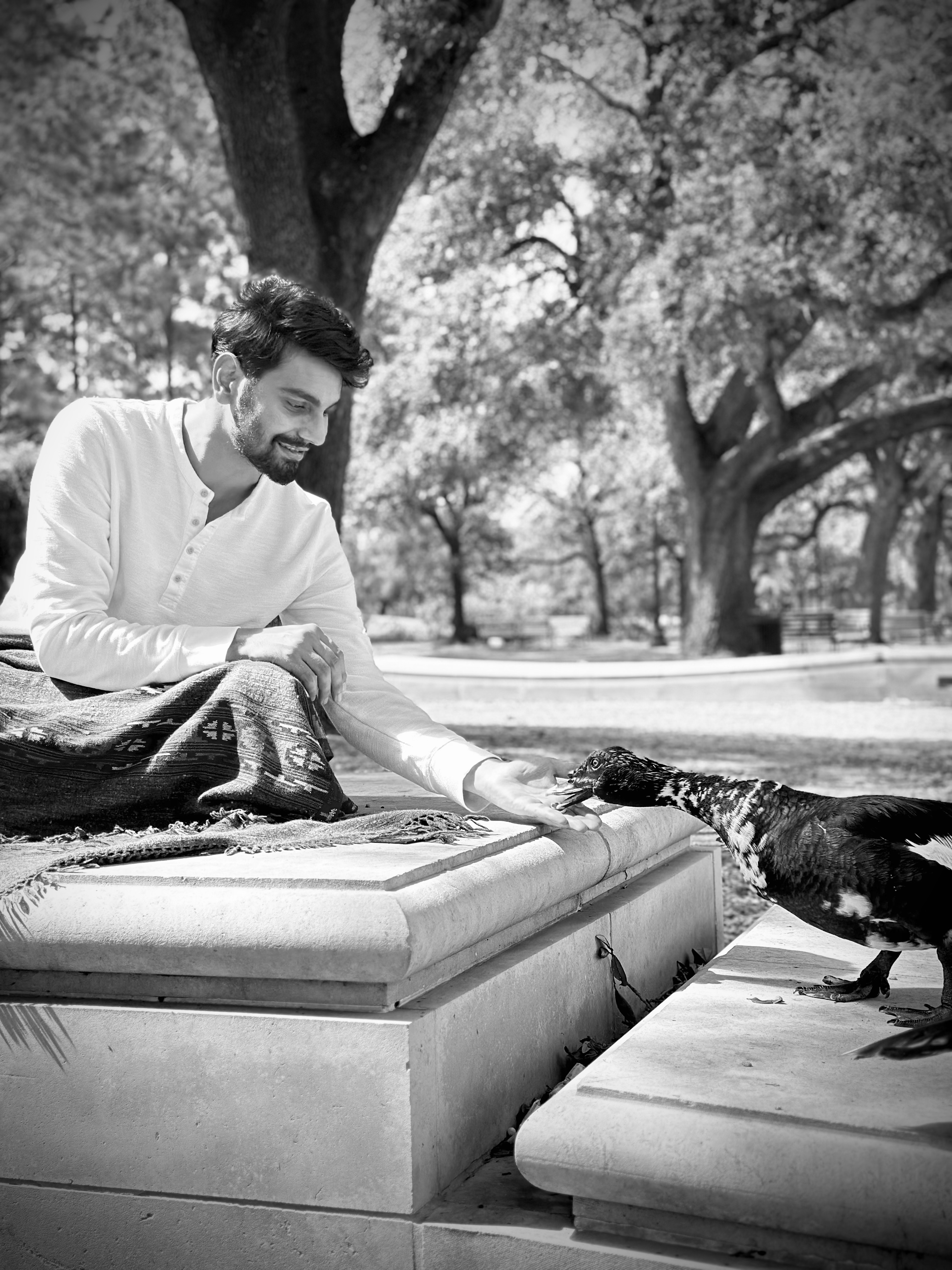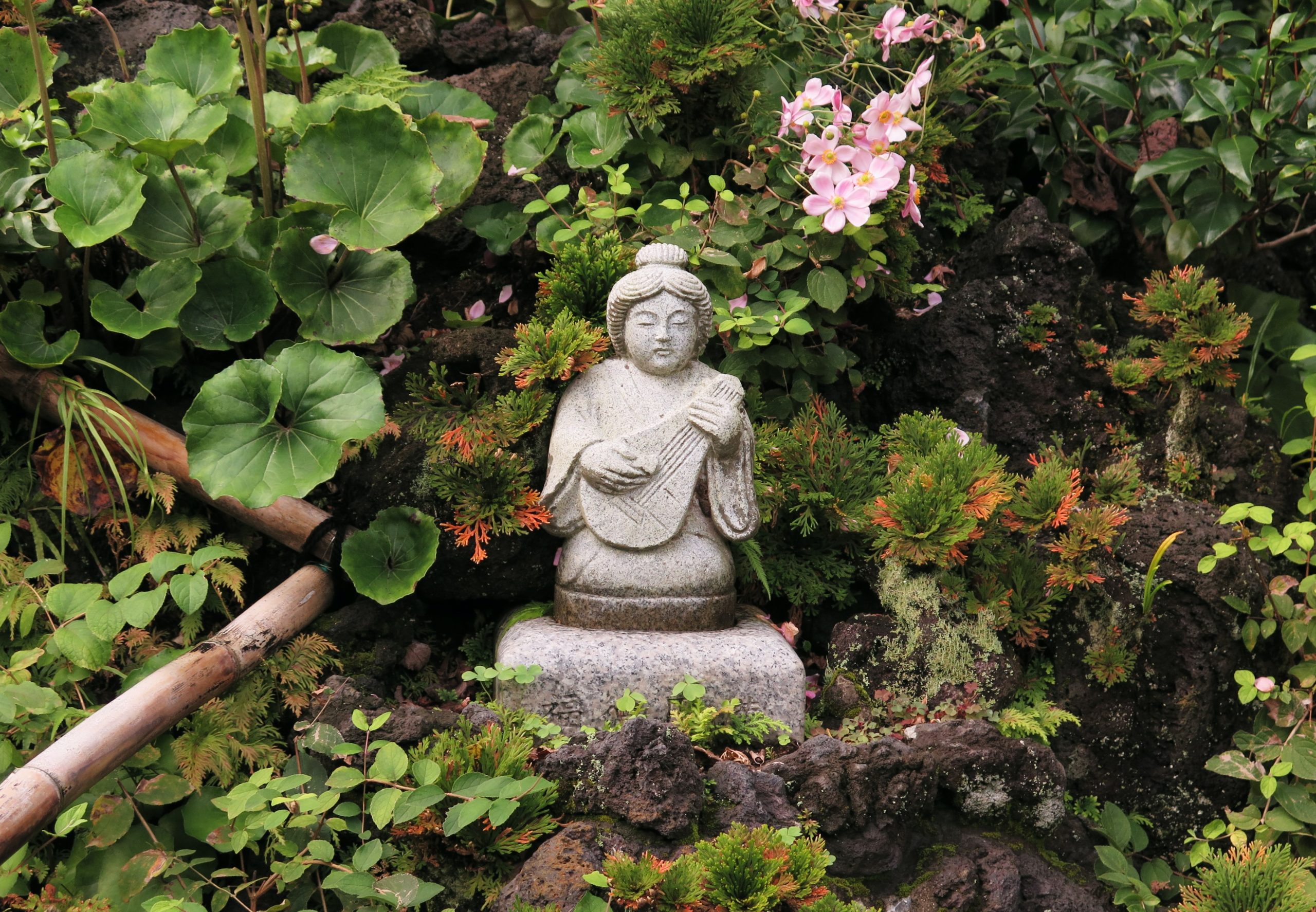
The practice of the Way is to be involved in the world as deeply as possible in a non-attached manner with love. Real renunciation is to accept that all things change. There is no permanence. Realizing this, we neither cling nor grasp.
Time
9 AM – 10:30 AM Pacific Time
11 AM – 12:30 AM Central Time
12 PM – 1:30 PM Eastern Time
Schedule
Nov The 2nd Saturday
Awakening is not an extraordinary experience that happens to a few special people. It is not an experience at all; it is the recognition of the nature of our being. Once this recognition has taken place, it remains to align our thoughts and feelings on the inside, and our relationships, activities, and perceptions on the outside.
In this gathering, we will explore Vivartavada, Ajātivāda, and Old World Sufism through the Lens of Hasan al-Basri and Rābiʿa al-ʿAdawiyya.
The mystical aspect of the philosophical landscape between the Indian ocean and the Himalayas produced fertile felt understandings and tied perfectly with the spiritual currents of early Islamic mysticism in profound ways, particularly through the concepts of Vivartavada and Ajātivāda from Advaita Vedanta, alongside the rich tapestry of Sufism as embodied and felt by figures such as Hasan al-Basri and Rābiʿa al-ʿAdawiyya.
Vivartavada posits the idea of transformation or manifestation, suggesting that the world emerges from an underlying reality, while Ajātivāda emphasizes the notion of non-origination, proposing that the ultimate reality is unchanging and beyond manifestation, both these felt understandings weave in the beautiful cloth of Sufism, as a one whole.
Hasan al-Basri represents a bridge between the textual traditions of Islam and the experiential dimensions of spirituality. His teachings emphasize the inner journey towards God, marked by humility and love. Rābiʿa al-ʿAdawiyya, renowned for her passionate devotion and groundbreaking ideas of divine love, challenges conventional perceptions of God and piety, advocating for an unconditional love that transcends fear and desire.
Together, these felt understandings and spiritual frameworks provide a fertile ground for exploring the nature of existence, the divine, and the human experience. By examining the resonances and divergences between these schools of thought, we can gain deeper insights into the quest for understanding and connection that has shaped spiritual traditions across cultures and epochs.
This exploration reveals not only the complexities of theological and philosophical thought but also the profound emotional and experiential dimensions of seeking the divine and true love.

I will tell you a story, a zen story….
When the nun Chiyono studied Zen under Bukko of Engaku she was unable to attain the fruits of meditation for a long time.
At last one moonlit night she was carrying water in an old pail bound with bamboo. The bamboo broke and the bottom fell out of the pail, and at that moment Chiyono was set free!
In commemoration, she wrote a poem:
In this way and that I tried to save the old pail
Since the bamboo strip was weakening and about to break Until at last the bottom fell out.
No more water in the pail!
No more moon in the water!